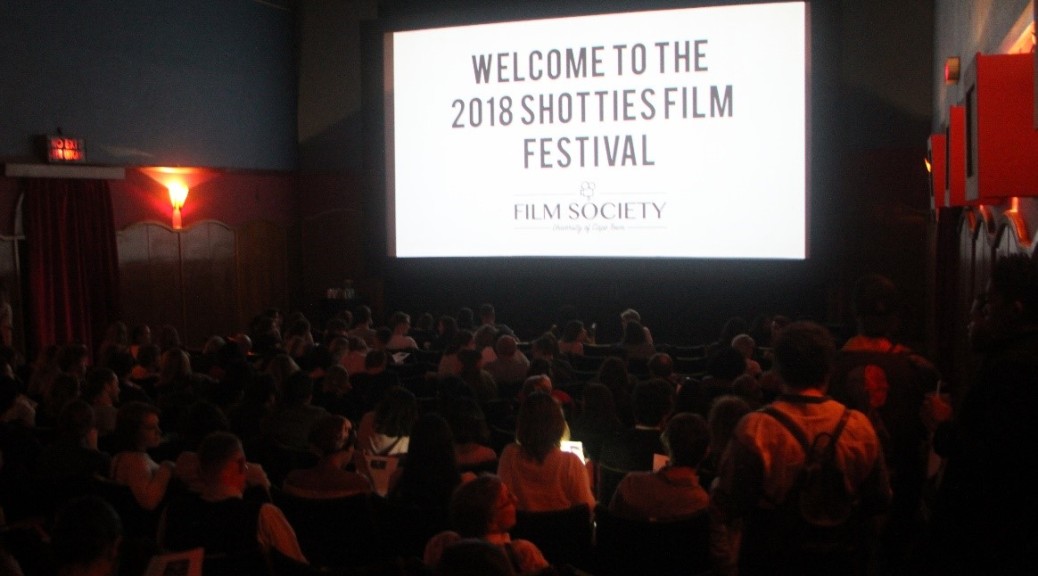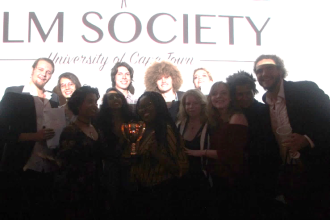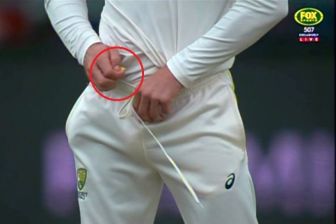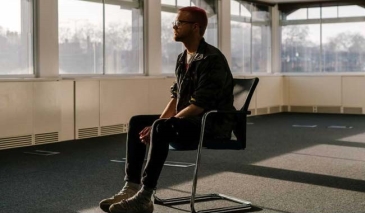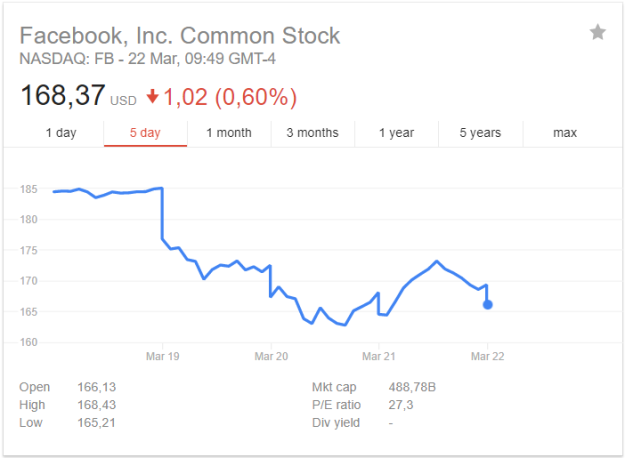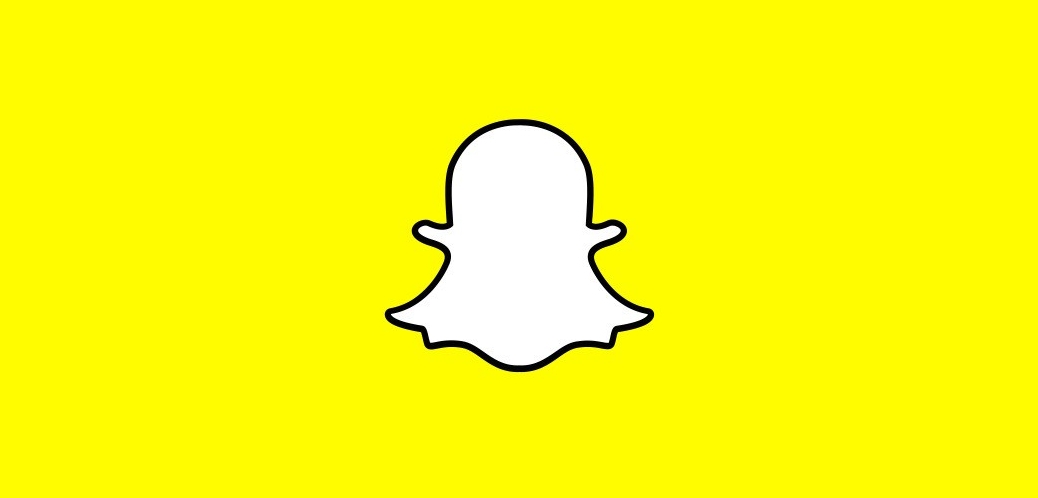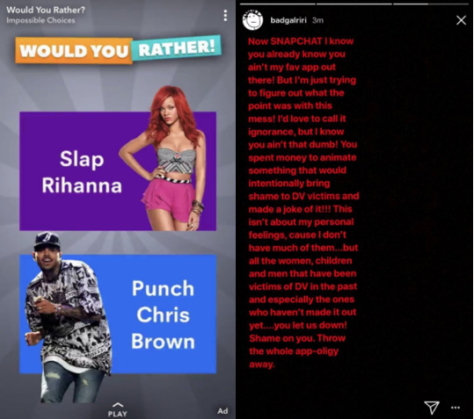 They’re everywhere. If you’ve ever been on the internet, so much as connected to Wi-Fi, or even had contact with a millennial or Gen Zer, you have definitely come across a meme. Even the more technologically uninclined generation of grandparents have some experience with memes, whether it be from witnessing their grandchildren perfectly re-enact a vine, or from overhearing them “spilling the tea”, or from wondering at their distaste for Comic Sans MC, or from seeing them dramatically sprinkling invisible salt, meme culture is so pervasive and encompassing that not even the relative shelter of old age can shield one from it.
They’re everywhere. If you’ve ever been on the internet, so much as connected to Wi-Fi, or even had contact with a millennial or Gen Zer, you have definitely come across a meme. Even the more technologically uninclined generation of grandparents have some experience with memes, whether it be from witnessing their grandchildren perfectly re-enact a vine, or from overhearing them “spilling the tea”, or from wondering at their distaste for Comic Sans MC, or from seeing them dramatically sprinkling invisible salt, meme culture is so pervasive and encompassing that not even the relative shelter of old age can shield one from it.
The word meme has been around since Richard Dawkins coined it in his book, The Selfish Gene, in 1976 and defined the term as a unit of cultural information spread through non-genetic means, especially imitation. He, however, was studying genetics and was trying to understand, from an evolutionary perspective, why some seemingly nonsensical behaviours remain prevalent in human society. He concluded that, due to ruthless and unforgiving natural selection, any common behaviour that is present in a thriving population would be propagated in terms of gene survival, even if such behaviour appeared inexplicable. Dawkins then expanded his theory to attempt to explain why some ideas, seemingly injurious to the beholders, are perpetuated in society and concluded that the idea itself is undergoing its own kind of natural selection. Thus, he coined the term ‘meme’ from the ancient Greek ‘mimime’, which translates to ‘imitated thing’. Although never intending for his term to be applied – or more essentially hijacked – for the emerging internet phenomenon, it is easy to see how Dawkins’ term has been appropriated for what are commonly known as memes today.
These bite-sized pieces of information and entertainment appear to serve no logical purpose in society past creativity, being shared, being liked, and making people laugh, and are rapidly propagated through imitation. According to this definition, memes as we conceive of them today have been around since the first smiley emoticon 🙂 was created in 1982 by American computer scientist, Scott E. Fahlman. This prompted endless variations and improvements and thus meme culture had begun. The first mainstream example of viral digital content surfaced when a video of rows of dancing hamsters GIFs was posted on Canadian art student Deidre Lacarte’s website in 1998, prompting spin-offs in the forms of songs and remixes in one of the first instances of copycat memes. Nowadays, anyone can create viral internet content with the use of websites like Meme Generator and programs like PhotoShop to create their own meme or meme trend that can reach millions around the world.
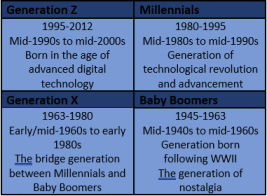
And though memes have been around for many years, it remains a phenomenon that is heavily associated with millennials and Generation Z. As the most digitally literate generation of any age in history, it seems only natural that this would be the era of internet culture, but why are memes so popular when they are seemingly so mindless? Surely we have risen above the need for natural selection to propagate ideas and behaviour within our global internet culture in order to determine the surviving traits of the thriving populace? Is there more to meme culture than that of Dawkins’ still highly contested theory? To find out the answers to these questions, I interviewed a selection of UCT students as well as Dr. Ron Irwin, a media lecturer at the university.
Dr. Irwin said that the emergence of meme culture and popularity is typical and expected of a “sharing generation” of “media denizens that are using numerous kinds of media” who are “used to being as provocative and as out there as possible”. Add this to an internet society in which they are “rewarded” for creating imaginative and popular content, and it is clear to see why he expresses the belief that “this generation shares things just because it’s funny or just for inclusion without thinking about whether it’s offensive or whether it could come back to bite them down the line.” With the near-overwhelming inundation of memes in all forms of online content it would seem, as Professor Irwin explains, that “a lot of the social media platforms out there are being polluted by people who are creating snarky, easy-to-digest, negative messages and memes”.And though memes have been around for many years, it remains a phenomenon that is heavily associated with millennials and Generation Z. As the most digitally literate generation of any age in history, it seems only natural that this would be the era of internet culture, but why are memes so popular when they are seemingly so mindless? Surely we have risen above the need for natural selection to propagate ideas and behaviour within our global internet culture in order to determine the surviving traits of the thriving populace? Is there more to meme culture than that of Dawkins’ still highly contested theory? To find out the answers to these questions, I interviewed a selection of UCT students as well as Dr. Ron Irwin, a media lecturer at the university.
Dr. Irwin said that the emergence of meme culture and popularity is typical and expected of a “sharing generation” of “media denizens that are using numerous kinds of media” who are “used to being as provocative and as out there as possible”. Add this to an internet society in which they are “rewarded” for creating imaginative and popular content, and it is clear to see why he expresses the belief that “this generation shares things just because it’s funny or just for inclusion without thinking about whether it’s offensive or whether it could come back to bite them down the line.” With the near-overwhelming inundation of memes in all forms of online content it would seem, as Professor Irwin explains, that “a lot of the social media platforms out there are being polluted by people who are creating snarky, easy-to-digest, negative messages and memes”.
However, the current generation expressed an opposing viewpoint, best summarised by Michael van der Berg (19), a humanities student, who pointed to the technological revolution as the origin of teenagers creating memes “where relatability between people across multimedia and social media platforms” fostered expression and connection through critiquing, debating, and engaging with memes whilst also being able to laugh about them. “So, it’s realism and comedy in one with relatability” he says, which almost totally encompasses the feelings of this generation towards memes, save for their emphasis on creativity and an interesting reference to a feeling of pride and collective identity in the act of creating memes themselves.
Auliya Badrudeen (23), humanities student and self-professed Queen of Memes, said that memes are “all about relationships and relatability” and “about bridging gaps and making connections” with other people. This sentiment is best echoed in the words of Matthew Rensburg (20), another humanities student, who said that “memes have become so popular because it’s a way of raising an issue, but in such a way that people can relate to it” and also laugh about it, allowing a collective “release [knowing] that everyone is going through a similar thing and that you’re not alone”. Most students expressed that the relatability of memes helped them to feel less isolated in an age of increasing interconnectedness that puts them squarely behind a screen and somewhat hinders communication.

Media Student Lauren Norstrom (21), says that to some extent she feels like memes worsen the communication between our generation. “Where’s the real content?” she asks, “We’re just sharing these silly photos when there are actual issues going on around the world.” However, she admits that memes have “created a platform to be more sociable and people have really connected through these things” and even made careers out of memes. This dual-view is held by most of the students I interviewed, who admitted to memes enhancing and hindering communication amongst their generation. “I just feel that the digital world is taking away that basic human interaction which we need,” says Matthew. But on the other hand, he concedes that memes have “done a lot for our generation because it’s become a way for us to speak about what we need to mention, but in a way that’s not direct” but is also impactful and memorable enough to convey your point to those who the message is targeted at.
When it comes to conveying a message, the students stressed the importance of memes as a form of expression. Construction Studies student Darmarajan Chinasamy described memes as “the best way to say what you think and what you can’t show” because you can represent and share what you like. Michael reinforced this view by saying that memes allow you to “see how other people experience things” and how they express themselves through what they post online. In a world where the news is flooded with events of violence, corruption, greed, and harsh realities, memes allow young people to find a lighthearted escape and platform for individuality and expression.
And memes do not only allow for expression of individuality and creativity, according to the interviewed students, memes are a way to connect with people and form a sense of solidarity. Cindy Makau, a media student, singled out the ability of memes to connect different people from all around the globe as truly “empowering” in its inclusion of anyone and everyone in meme culture. Lauren supports this view, saying that it’s “kind of nice to know that you aren’t alone” and that there is comfort and kinship in having a “similar sense of humour to thousands of people.” This is reassuring to many, as Matt explains: “everything is so serious” with a generation that is flooded with work and pressures – be it from education or their family – and this participation in an online community creates a sense of fellowship through shared experience and meme culture.
Social work student Tyler Rhodes (19), highlights this experience of connection as a way in which memes “bring light to our dark world of everyone being so serious, of everyone hating on each other”, saying that memes are “just another way of finding joy, of people expressing themselves”. In a time of increasing globalisation that places great value on creative content, it is only logical that millennials and Gen Zers would turn to memes as a source of humour, expression and connection that allows them to overcome their feelings of isolation.
“I think that every generation has their way of escaping reality.” says Auliya. Despite the best attempts of the older generations, memes and meme culture are “not something to be ashamed of” because you “can’t be rooted in reality for every single second” as the current state of the world is maddening to most. Everyone needs their ways to “just sit back and relax”, and this is exactly the release that memes provide.
To a generation that was brought up on revolutionary technology, placed under immense pressure to achieve, be creative, and make their mark on the world, memes come as a welcome outlet. They allow for expression, a chance for connection, a platform to be social and relate to other people in a way that has been hampered by the distancing effect of technological communication. The relatability and humour of memes is what appeals to this generation, who are aware of the negative effects and divisions that a society driven by technology can bring. It is precisely this knowledge that makes the connection and communal laughter of memes all the more meaningful to them.

For more on meme culture, click here








